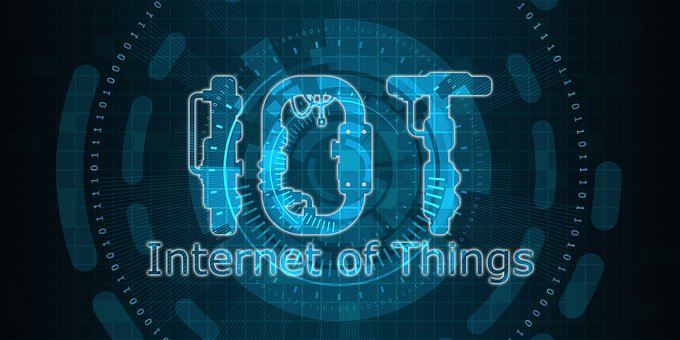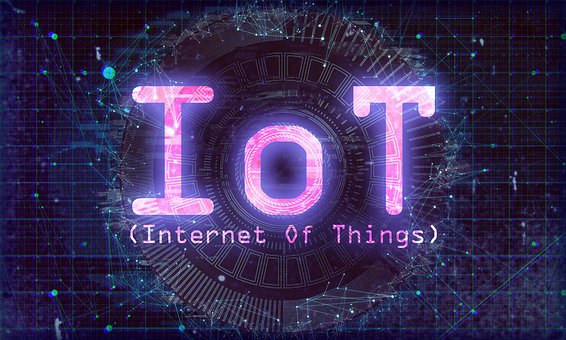IoT has been changing the production processes for the better. It has been improving industrial operations, as well as customer service activities. This, together with highly connected, and sensor-enabled equipment, will ensure state-of-the-art procedures across various channels.
IoT connects industrial equipment, along with the rest of serviceable assets to guarantee that it will stay competitive in the growing market. Here are some of the ways on how IoT will bring smart manufacturing for improved efficiency.

Accurate and Rapid Costing
In most industries, manufacturing functions are deemed to be the internal suppliers of the management group, and that’s why it’s crucial that they can offer cost estimates in real time, especially during tendering and business development cycles.
The market dynamic is quite tough, and that calls for rapid costing regarding price indications of a particular type of equipment, and if possible, quick turnaround should also be done to ensure the success of the enterprise and prevent significant losses.
Various historical data, such as customer preferences, hit-rates, footprint requirements, executed projects, past tendering records, and product definitions, should be used together with a sound IoT strategy.
Shop Floor Operational Improvement
For the past few years, more and more manufacturers are becoming interested in the use of highly affordable sensors that you can easily attach to various machinery. This works great in terms of preventive maintenance, as well as condition-based monitoring.
To support that, there are also companies that are integrating wireless connectivity and big data processing tools within the work site as it allows the more accessible and cheaper collection of real-time data, as well as accurate health monitoring. One great example of this would be the critical machine tools specially made to work on a specific temperature and ranges in vibration.
Then, there are also sensors capable of actively monitoring and preventing possible system malfunctions. Whenever there’s an issue with the equipment used in the workplace, this can easily be fixed now, and for that, you wouldn’t have to face delivery delays, cost overruns, and other possible problems.
Indeed, IoT and Big data solutions can be beneficial in terms of improving the overall quality of the business, lessen equipment failure, eliminate downtime, and ensure proactive maintenance.
Plant Load Optimization
Considered to be the core of a manufacturing company is the sales operations planning processes. Through this, the whole management team could quickly meet their day-to-day business needs, but aside from that, they could also create a command control and system that uses various strategic plan goals as well as day-to-day tactical operations.
Through this, you’ll also be well guided about the daily activities, and even the monthly plans that would allow you to achieve long term business goals Also, based on the product’s life cycle, this could also analyze forecast overtime that would help you figure out which products will be manufactured, and the plant that will do this.
This decision could affect the financial and operational performance of a business. Industrial footprint, historical load, executed projects, scope changes, customer behavior, and many more— these are just some of the things that you can optimize with the use of IoT technology.
Better Health, Safety, and Environment Conditions
In terms of health, safety, and environment, there are key performance indicators that shouldn’t be taken for granted. They provide accurate readings regarding injury and illness rates, near-misses, short- and long-term absences, vehicle incidents, property loss, and other possible problems during daily operations.
This information is essential, and they’re often stored in spreadsheets and emails. JD Edwards Managed Services can help you manage this vital information with ease. You wouldn’t have to be concerned about lagging indicators anymore, because it’s something you will never experience again with a foolproof system.
It’s also worth noting how important it is for companies to have a general awareness regarding carbon footprint, however, during the process, they often miss other important factors such as ensuring cost-effective measurement systems as well as performance and modeling management tools that could optimize heating and energy.

With the use of IoT and automation to pay close attention to environmental controls, such as electricity grids, and HVAC, the company will be able to have a better understanding of various economy models, and which one would be perfect for them.
They can also avoid demand charges ad weather data becomes integrated, and predictive modeling is best known for reducing energy expenses, and planning the energy usage accordingly.
Author Bio
Chris Giarratana is the co-founder of StrategyBeam, an Orlando marketing agency, where he works with small businesses and nonprofits to achieve their goals. He helps drive conversions and boost sales through SEO marketing, copywriting services, and PPC management.
